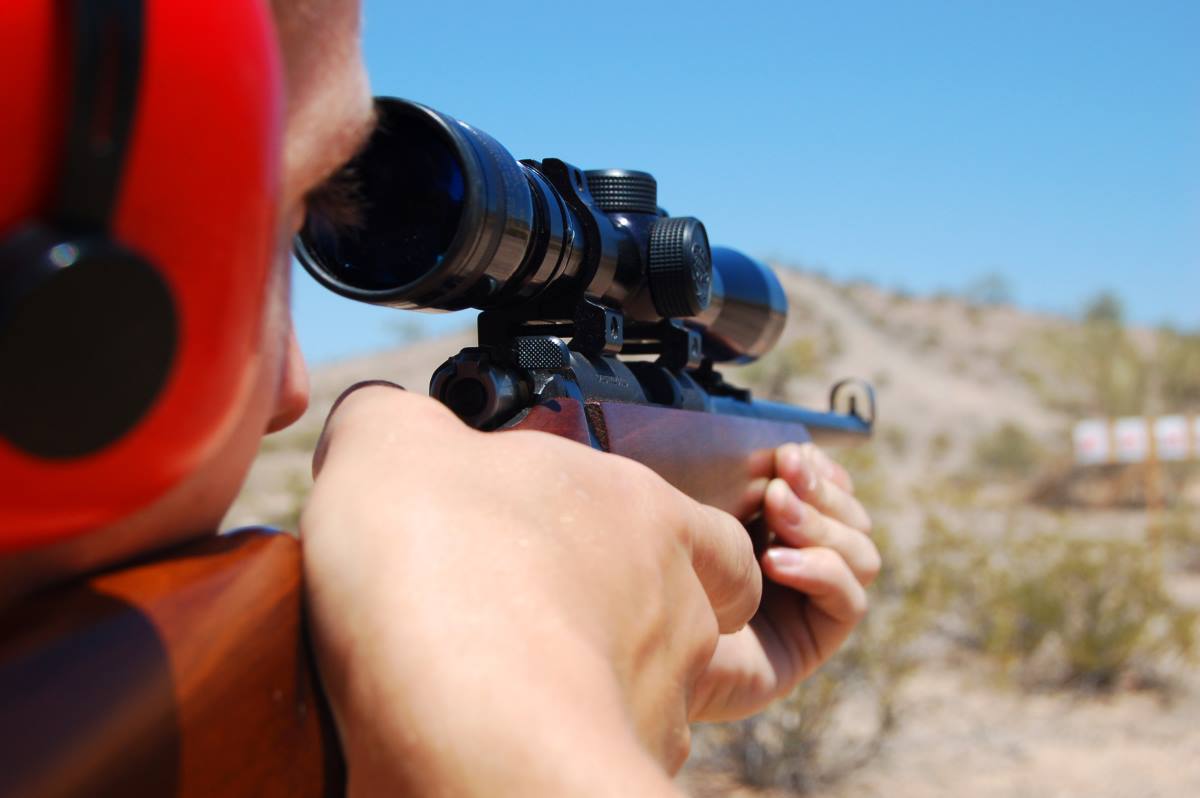Unlocking the Secrets of Extended-Range Accuracy

Unlocking the Secrets of Extended-Range Accuracy
Shooting long distances is a really tough but incredibly satisfying skill that takes your shooting abilities to a whole new level. It takes time, practice, and a lot of focus to get good at it, but man, does it feel good when you start hitting those far-off targets. If you live South of I-80, you probably find yourself wondering if you need to shoot long distances (meaning over 300 yards). There are likely few places where you can see 1000 yards. If you live in Northern Iowa, then you more than likely can see the need to shoot 1000 yards practically. Regardless, shooting long distances helps hone in on the skills you need for shooting under 300 yards. Once you can shoot well at long ranges, those closer shots feel super easy and precise. Basically, getting good at long-distance shooting comes down to a mix of refined skills, steady breathing, and knowing all the little things that can affect your shot.
Variables to Consider
When you’re shooting far away, a bunch of stuff can mess with where your bullet goes. This includes how good you are at shooting, your rifle’s performance capabilities, how accurate your ballistics program is, and how well you can figure out wind and other weather conditions. You can control some of these things, like your gear. For example, if you’re only shooting within 300 yards, you can probably get away with punching the trigger or a slight flinch. However, if you try that at 1000 yards, you will definitely miss your target. The very first thing that affects a long-range shot is how your bullet flies, and the ballistics of your gun and ammo. So, knowing how your specific bullet performs is key to adjusting your sights correctly and hitting what you’re aiming at.
Besides your personal limitations, the ballistics of the ammo, and your gun’s limiting capabilities, you also need to consider the environment. Is your terrain variable? What about the wind? Even a slight breeze can affect how and where your bullet hits at 1000 yards. Shooters have to make careful adjustments to their aim to counteract what the wind is doing.
Essential Gear
Having the right gear is critical for successful long-range shooting. You’ll definitely want a rifle that shoots accurately. By accurately, we are talking Minute Of Angle (MOA) or better, which means really tight groups, paired with high-quality ammo. Next, a good scope crucial; it needs the right magnification, a clear reticle, and precise turrets so you can aim perfectly and make tiny corrections.
Using a Platform
A stable shooting platform is a must to keep your rifle steady and help you shoot more accurately, and it will benefit you to invest in a sturdy bench or tri-pod. If you’re shooting at stationary targets from a known distance, you don’t need a rangefinder necessarily. However, I find myself bringing one along with me and using it. A rangefinder will tell you exactly how far away your target is, and a ballistic app or calculator will crunch the numbers to tell you how much to adjust for elevation, wind, or curvature of the earth.
Since wind is such a big deal at long distances, tools like wind meters are super helpful for making accurate adjustments. Finally, a spotting scope lets you see exactly where your shots land, giving you the feedback you need to adjust your aim for the next shot. While practicing your skills is super important, the quality of your equipment really sets the bar for how precise you can be in long-range shooting.
Practice Makes Perfect
To wrap it up, getting consistent practice with the right shooting techniques and using the proper equipment are the main things that will make you more accurate and confident in long-distance shooting. It’s a challenging but incredibly rewarding skill that requires dedication, precision, and a solid understanding of yourself and all the outside forces at play.
By Shannon Rivers
August 2025
Check out another article with a shooting focus
Also here is the Digital Issue August 2025
Looking for our Cattle/Dairy side of things?


